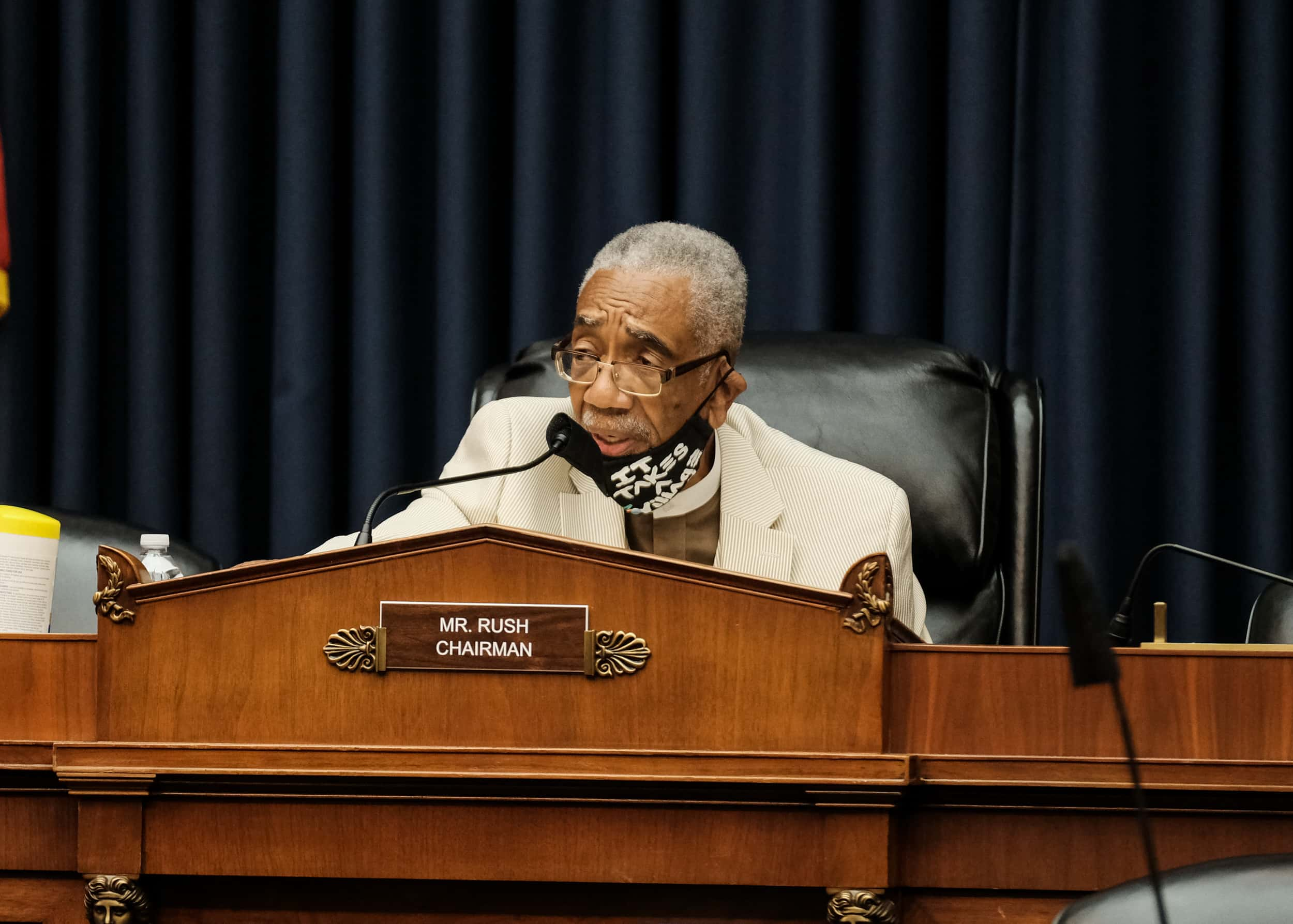Here are the 3 Republicans who voted against Emmett-Till anti-lynching bill, and here's why

As the House of Representatives passed a bill to make lynching a federal hate crime, three GOP congressmen raised eyebrows by voting against the proposal.
Rep Bobby L Rush introduced the Emmett Till Antilynching Act [HR 55], named after a Black 14-year-old boy who was brutally murdered in Mississippi in 1955. The bill aimed to amend section 249 of title 18 of the United States Code to specify lynching as a hate crime and declare that anyone who conspired to commit such an act resulting in death or serious bodily harm would be punished by up to 30 years in prison. The Emmett Till Antilynching Act passed in an overwhelming Monday night vote by 422 votes to 3, with Republican Reps Andrew S Clyde (GA), Thomas Massie (KY), and Chip Roy (TX) voting "no" on the bill.
RELATED ARTICLES
Who is Thomas Massie's wife? Kentucky Rep's family slammed for posing with guns after Oxford tragedy
Rep Massie explained in a series of tweets early Tuesday, March 1, why he decided to vote against the bill.
Here are the reasons I voted NO on the Anti-lynching Act last Congress and why I voted NO tonight:
(1) The Constitution specifies only a handful of federal crimes, and leaves the rest to individual states to prosecute.
(2) This bill expands current federal “hate crime” laws. A crime is a crime, and all victims deserve equal justice. Adding enhanced penalties for “hate” tends to endanger other liberties such as freedom of speech.
(3) Lynching a person is already illegal in every state. Passing this legislation falsely implies that lynching someone does not already constitute criminal activity.
(4) The bill creates another federal crime of “conspiracy,” which I’m concerned could be enforced overbroadly on people who are not perpetrators of a crime.
(2) This bill expands current federal “hate crime” laws. A crime is a crime, and all victims deserve equal justice. Adding enhanced penalties for “hate” tends to endanger other liberties such as freedom of speech.
— Thomas Massie (@RepThomasMassie) March 1, 2022
(4) The bill creates another federal crime of “conspiracy,” which I’m concerned could be enforced overbroadly on people who are not perpetrators of a crime.
— Thomas Massie (@RepThomasMassie) March 1, 2022
Reps Clyde and Roy were yet to comment on why they decided to vote against the anti-lynching bill at the time of publication. Meanwhile, others noted how the bill had been a long time coming as it passed after around 200 previous failed attempts by lawmakers to change current legislation.
422-3: House passed legislation to designate lynching as a federal hate crime. The Emmett Till Antilynching Act now heads to the Senate. pic.twitter.com/iBQHM1Ml9j
— Craig Caplan (@CraigCaplan) March 1, 2022
"Today is a day of enormous consequence for our nation," Rep Rush said in a statement. "By passing my Emmett Till Antilynching Act, the House has sent a resounding message that our nation is finally reckoning with one of the darkest and most horrific periods of our history and that we are morally and legally committed to changing course. I was eight years old when my mother put the photograph of Emmett Till's brutalized body that ran in Jet magazine on our living room coffee table, pointed to it, and said, 'this is why I brought my boys out of Albany, Georgia.' That photograph shaped my consciousness as a Black man in America, changed the course of my life, and changed our nation."

According to Rush, "modern-day lynchings" such as the February 2020 killing of Ahmaud Arbery in Georgia showed the "racist hatred and terror that fueled the lynching of Emmett Till lynching" were still prevalent in American society. Meanwhile, House Speaker Nancy Pelosi celebrated the bill by congratulating "generations of brave activists" like Rush. She also called for the Senate to "take immediate action" so it could reach President Joe Biden's desk and be signed into law as soon as possible.










